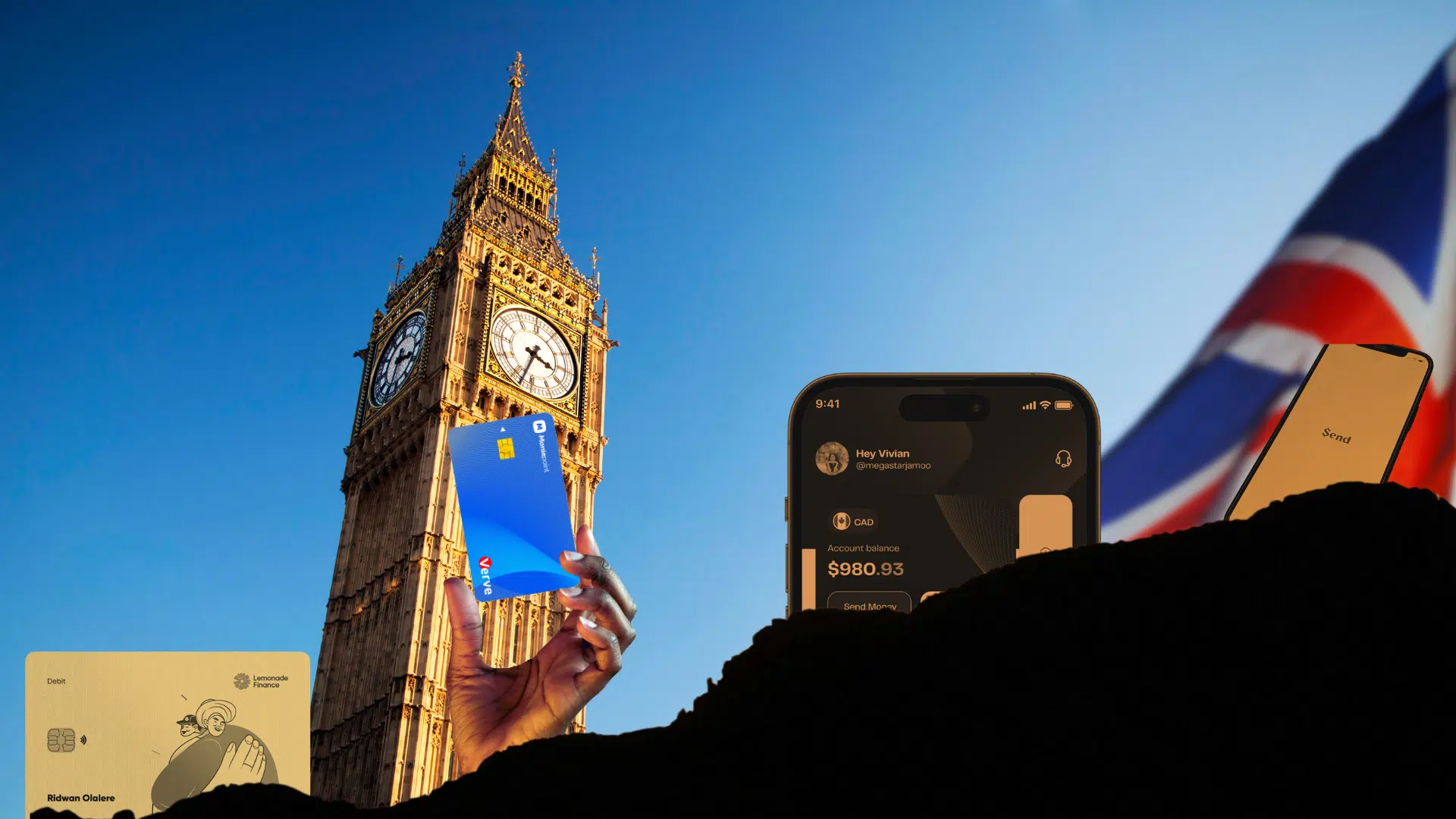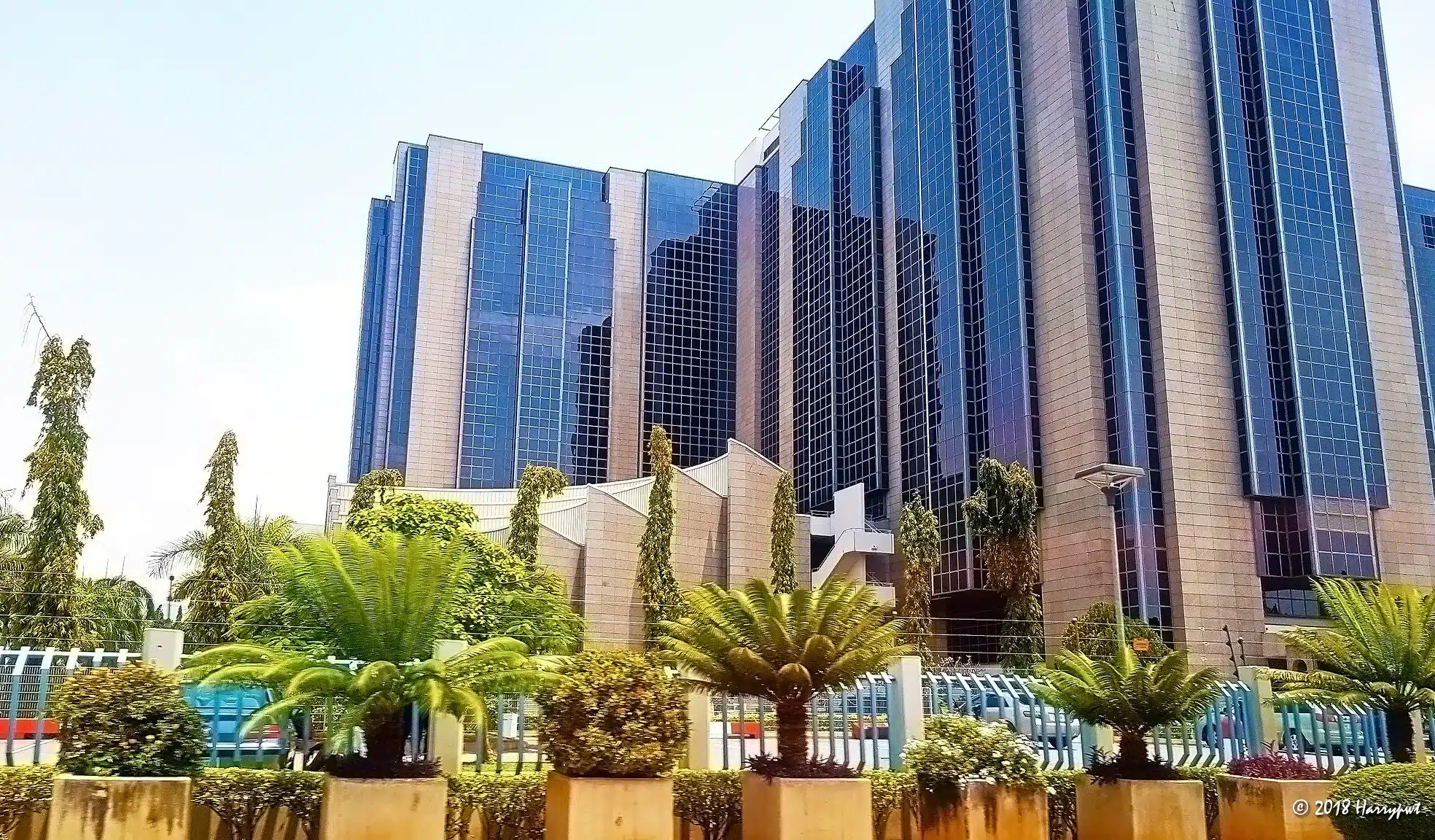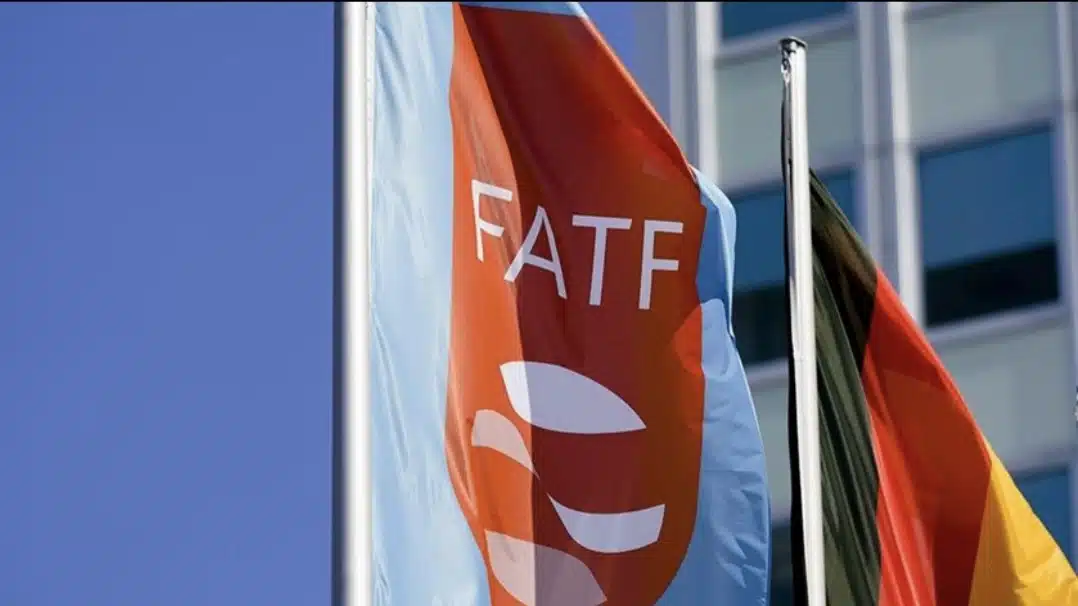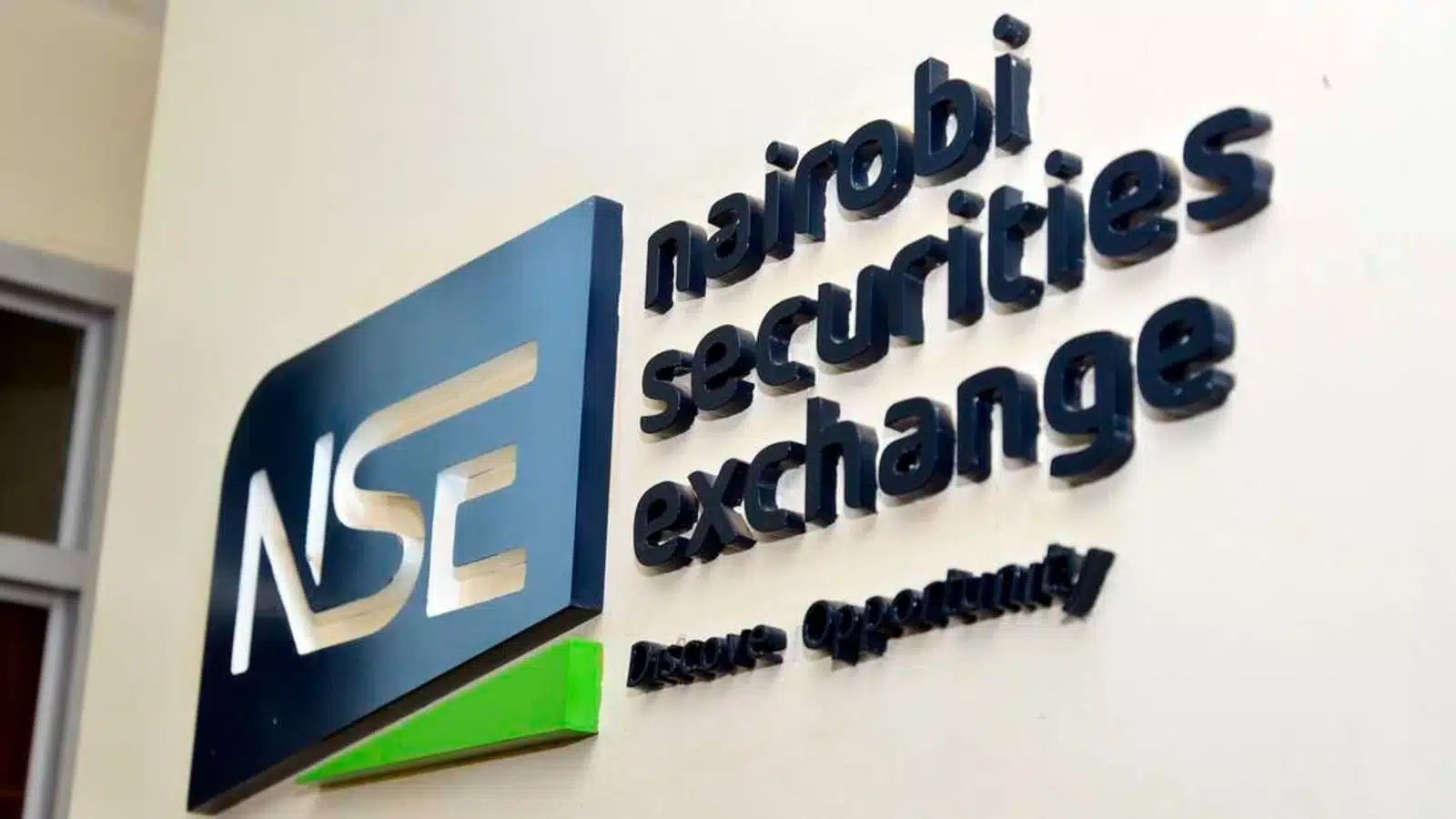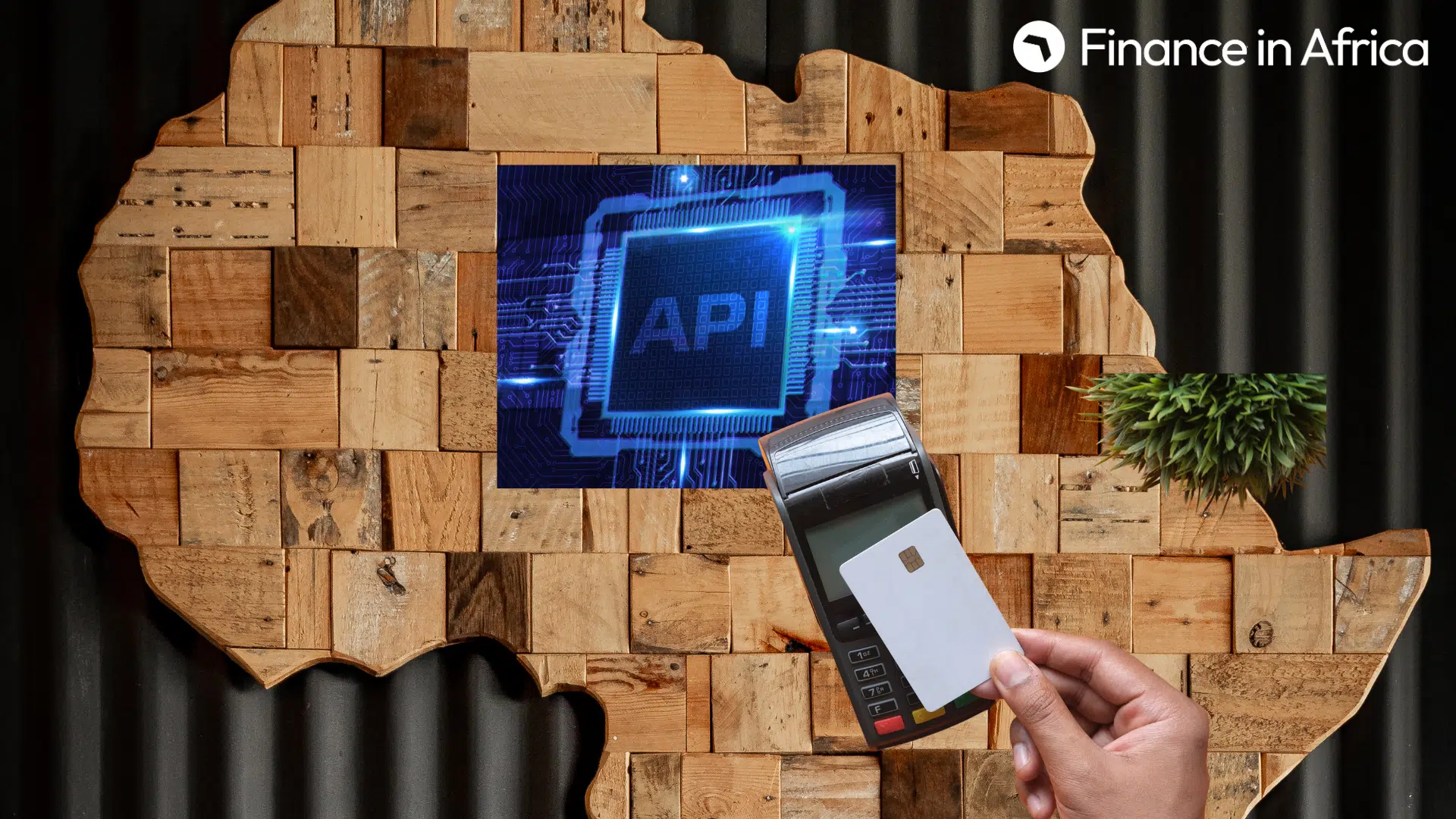The UK–Africa money corridor is one of the holy grails of African payments. So whenever a company starts talking about global ambitions, the UK becomes the natural next step, the place to prove you can play by the world’s rules.
What hasn’t been explored is the cost of that expansion, and how, for the first six months, your compliance officers might outnumber your customers. We’re only slightly exaggerating.
Behind every celebratory launch post is a Companies House filing full of “set-up costs,” compliance bills, licence acquisitions, and the hidden tax of building credibility. For Moniepoint, one of Africa’s unicorns, that cost came to roughly $1.2 million in 2024. The year before its public launch in April 2025. So far, internal sources reveal it has spent over $3.7 million since February 2024.
What is the true cost of expansion? What kind of licences do you need? What kind of talent? These are the questions we found ourselves asking — and if you’ve got global payments ambitions, we’re sure you are too. So we went digging. Luckily, a few operators agreed to talk on and off the record.
From Lemfi, which quietly bought a British e-money firm before its rebrand from Lemonade Finance, to Moniepoint, which later acquired Bancom Europe to anchor its new MonieWorld product, the UK expansion wave has revealed a simple truth: crossing borders costs money, and not just in capital.
The corridor everyone wants
The UK–Nigeria corridor remains one of the world’s most active remittance routes, driven by a large and economically engaged diaspora. Reliable numbers are scarce. The most cited World Bank estimate from 2017 puts UK-to-Africa remittances at around $6.5 billion. But since then, migration patterns, Brexit, and the rise of digital transfer platforms have reshaped the flow. But the entire trajectory leans upward.
This demand is structural. With an African diaspora in Britain estimated in the low millions (students, caregivers, doctors, entrepreneurs), the corridor offers fintechs not just volume but a financially literate, globally networked audience. Winning that market means controlling a payments pipeline that runs both ways: remittances going home, bills and tuition payments coming back, merchants and SMEs trading across borders.
This corridor is a two-way street, a system of interlocking pipes that must connect seamlessly at both ends.
To move £1 from the UK to Nigeria, a PSP must first plug into the UK’s regulated infrastructure through a licensed partner, usually an EMI, or acquire one. Then connect into the domestic rails back home: NIBSS, IMTO networks, and central bank–approved PSP schemes.
For Moniepoint, which already holds every major licence in Nigeria, from Payment Service Provider to IMTO, the challenge lay on the UK side: securing access to faster payments, hiring FCA-approved compliance officers, and building trust with local partners.
The struggle is double for smaller startups. They must convince a UK EMI to let them ride on its licence and satisfy African regulators that they can safely handle inbound remittances. In other words, they’re plugging in both ways and hoping nothing sparks in the process.
That’s the unglamorous reality of the UK–Africa corridor: two regulators, two compliance regimes, and one shared ambition to make cross-border payments as fast as sending a text.
All that complexity explains why African PSPs expanding into the UK often follow similar paths. They worry about a bunch of things which we will ceremoniously drill down to – compliance, talent, partnerships, technology.
Compliance: buying the licence, not the dream
Anyone who works in financial services knows the process of securing one is a long, arduous process. After our research and conversation with key industry players, we have a newfound respect for financial institutions like Access Bank and Flutterwave, which have footprints in multiple jurisdictions. Because the compliance cost is not straightforward.
When Moniepoint’s MonieWorld launched in early 2025, it did not yet own a UK licence. Instead, it operated as a distributor of PayrNet Limited, an FCA-authorised electronic money institution (FRN 900594).
“We launched riding on someone’s licence,” explains a source within the company, who was part of its UK expansion team. “That’s how most people start. It’s faster. The FCA still knows you exist, because they have to approve this, but you’re under a partner EMI’s umbrella.”
That early strategy mirrors what most African PSPs do: partner first, acquire later.
Moniepoint later bought Bancom Europe Ltd, a small but clean EMI, as a way to graduate from dependency to ownership.
“A licence is a licence,” says David (not real name), a senior compliance executive. “You’d rather buy one that’s clean and dormant than wait four years for your own. You’re buying time and trust. It’s also more cost-effective to acquire a company that’s doing just well enough to keep itself afloat, rather than one that’s already pulling massive numbers on its own. ”
Lemfi took a slightly similar route. The company began as Lemonade Finance, registered in Canada as a Money Services Business (MSB) under FINTRAC. In the UK, it first operated as a Small Payment Institution (SPI) — a lighter regulatory tier allowing limited volumes. Then, in 2022, it acquired RightCard Payment Services Ltd (EMI FRN 900424), a UK firm incorporated back in 2015.
By the time Lemonade rebranded to Lemfi, it had effectively moved from the little leagues to a full-blown financial institution.
Flutterwave, by contrast, continues to run its Send App as an EMD agent via PayrNet and Global Remit Financial Services Ltd. This allows it to remain agile while avoiding the capital and staffing overheads of a full EMI.
Staffing, in particular, is a critical part of the payment corridor play, as you’d soon see. But first, we can summarise the regulatory routes African PSPs typically take in the UK.
The three regulatory routes — Partner, Apply, Acquire
| Route | Description | Where we’ve seen it |
| Partner | Operate under a licensed EMI as a distributor or agent | Moniepoint (PayrNet), Flutterwave (PayrNet/Global Remit) |
| Apply | Secure your own Small Payment Institution (SPI) licence | Lemfi (as Lemonade Finance, early UK phase) |
| Acquire | Buy a dormant EMI for faster scale | Moniepoint → Bancom Europe, Lemfi → RightCard, Pesa → Authoripay |
Each path carries its own timeline and cost curve. A full EMI authorisation in the UK typically takes 6 – 12 months for a complete application (though more complex cases may stretch longer). The regulator demands £350,000 initial capital plus robust mechanisms to safeguard client funds (e.g. segregation or insurance). Delays, follow-ups, or complexity could push timelines further.
For most companies of African origin, expect the timeline to stretch way longer, as licenses are just one part of the compliance coin.
Talent: the compliance burden no one talks about
A licence alone doesn’t guarantee approval. Under FCA rules, senior managers — from compliance leads to MLROs — must be individually vetted and approved.
“Even to get your licence approved, you’d need certain people on your team who are already FCA-approved,” Our source says. “Your Chief Compliance Officer must have certain licences; your fraud head must have experience that the system trusts.”
Per our source, having a handle on fraud is especially important for African companies, which mostly come from grey list markets. For most African companies, having respectable talent in your lineup helps scale the initial trust hurdles.
Flutterwave brought on Mo Bammeke, a former JP Morgan Risk & Control Manager, to lead its compliance operations. LemFi hired Janine Ross, who previously held senior AML roles at Citi. And Moniepoint employed Daniel Saliba, who is now founder of Lighthouse Compliance (UK) — one of Britain’s most respected fintech compliance firms.
In London’s payments market, that talent pool is expensive. Senior hires in regulated fintech or payments firms often command total compensation in the £100,000+ range, especially when factoring in bonuses or equity. Meanwhile, executive search firms typically charge 10–30 % of first-year salary or retainers for specialist, hard-to-fill compliance roles.
While the FCA doesn’t prescribe formal qualifications, most Heads of Compliance and MLROs hold industry-recognised certifications such as the ICA or CISI Diplomas, or the ACAMS anti-money-laundering credential.
Again, these aren’t regulatory requirements, but in practice they’ve become part of the competence “signal” the FCA looks for when vetting senior management. Hiring senior talent is only the first part.
Moniepoint invested heavily in training: “Every member of the UK team had to go through compliance and fraud-risk certification,” Says our source. “It’s not optional the system wants to know you’ve done it here before.”
For smaller PSPs, those human-capital costs are often the real barrier. Without local credibility, even partner EMIs are hesitant to share licences.
Partnerships: who you ride with matters
In June 2024, Money/2020 Europe, some African operators were left asking, Why are African payments startups at a European event? You had Flutterwave, Fincra, Moniepoint, Lemfi, Nala, all at the event. But that outcome was symptomatic of the broader nature of the payment space.
In payments, no one goes alone. To send or receive money in the UK or Europe, fintechs must plug into acquirers, card schemes, and banking partners for access to Faster Payments, SWIFT, or Visa/Mastercard networks.
Even though we said it’s easier to ride on someone’s license, that process in itself is not a walk in the park. Each integration triggers due diligence, onboarding fees, and per-transaction testing costs. “Even in your test phase, you’re burning cash,” David says.
At Money 2020 Europe, Nigerian payment firms meet potential partners, card processors, fraud vendors, settlement banks, to convince them the Nigerian fintech could meet their compliance bar. “You go to gatherings like that to prove you are the right partner,” David explains.
Sometimes, consultants are hired to navigate the maze and networks of partners, and it helps if you already have respected talent in the space they can talk to.
In practice, that layer of advisory, banking, KYC, compliance and network integration can cost in the low hundreds of thousands of pounds before a single live transaction, though in a complex, cross-border deployment it might rise further.
Technology: rebuilding trust in the stack
When African fintechs move abroad, the code often travels faster than the compliance.
“Technology scales; compliance doesn’t,” David says. “Your KYC partner in Nigeria isn’t your KYC partner here. You rebuild everything — address verification, fraud rules, even OTPs cost money per call.”
Cloud and identity vendors in the UK charge per API hit, meaning costs scale with every customer verified.
For Lemfi’s RightCard, filings for 2024 show heavy early-stage investment in infrastructure, consistent with what the company later rolled out for remittances to Nigeria and Ghana. Moniepoint reports similar expenses for cloud services and testing integrations prior to launch.
Why it’s an investment, not a loss
The company’s filing covers the year ended December 2024, before public launch. The reported £1.2 million loss reflects set-up costs, not operational shortfall.
“It’s like opening a store,” our Moniepoint source reveals. “If I buy inventory before opening day, the books will show a loss, but it’s not a loss, it’s the cost of opening.”
By May 2025, MonieWorld had launched, allowing customers to send pounds to Nigerian accounts in seconds. “We’re treating this as a long-term goal,” she adds. “Too early to start looking at returns in the first year. The goal is compliance, credibility and corridor scale.”
Lessons for smaller PSPs
For smaller payment startups looking to follow Moniepoint’s path, the London story is an interesting playbook, one written in invoices and compliance forms. The first rule, David says, is simple: don’t go it alone.
“Start with someone,” David recommends. “It’s cheaper. Buying a licence is expensive; applying is even more expensive.”
In other words, partnership is your bridge. Before you dream of owning an EMI, find a regulated partner willing to let you ride under their licence. It buys you time — and, more importantly, credibility. Many of the UK’s most active payment brands started that way, proving reliability before independence. Moniepoint did too.
But credibility has a memory.
“Any bad thing you’ve done where you are will affect you when you come here,” he warns. “Regulators share notes.”
In the opaque world of cross-border finance, reputation is the real reserve currency. A clean record with your home regulator in Lagos or Nairobi will often matter more to London than your next funding round. Global expansion tests your product-market fit and audits your institutional character.
Then there’s the question of cost, not the cash you spend, but how you think about it.
“Training, licensing, FCA approvals are not expenses,” David says. “They’re capital investments. You’re building something that lasts.”
For too many African PSPs, compliance is treated as a checkbox or a tax. The smarter ones budget it as capex: a durable, one-time investment that compounds in trust. Once you have it, it opens corridors, partners, and regulators who now answer your calls.
And finally, there’s the matter of belonging.
“When we came here, we joined associations of other fintechs to learn how they navigated the system,” our Moniepoint source says. “That’s how you find your way in.”
It sounds trivial, but it isn’t. The UK’s fintech scene runs on networks like industry forums, compliance roundtables, and FCA sandboxes. Joining them early gives smaller PSPs a map that money alone can’t buy.
The systemic takeaway
For Africa’s payment ecosystem, the UK experiment marks a new phase. The challenge is no longer product-market fit; it’s regulatory-market fit.
Those who can master both balancing corridor growth with governance discipline will define the next wave of African cross-border finance.
As David puts it:
“ The cost of expansion is the cost of credibility. You can’t make money without putting credibility in.”

